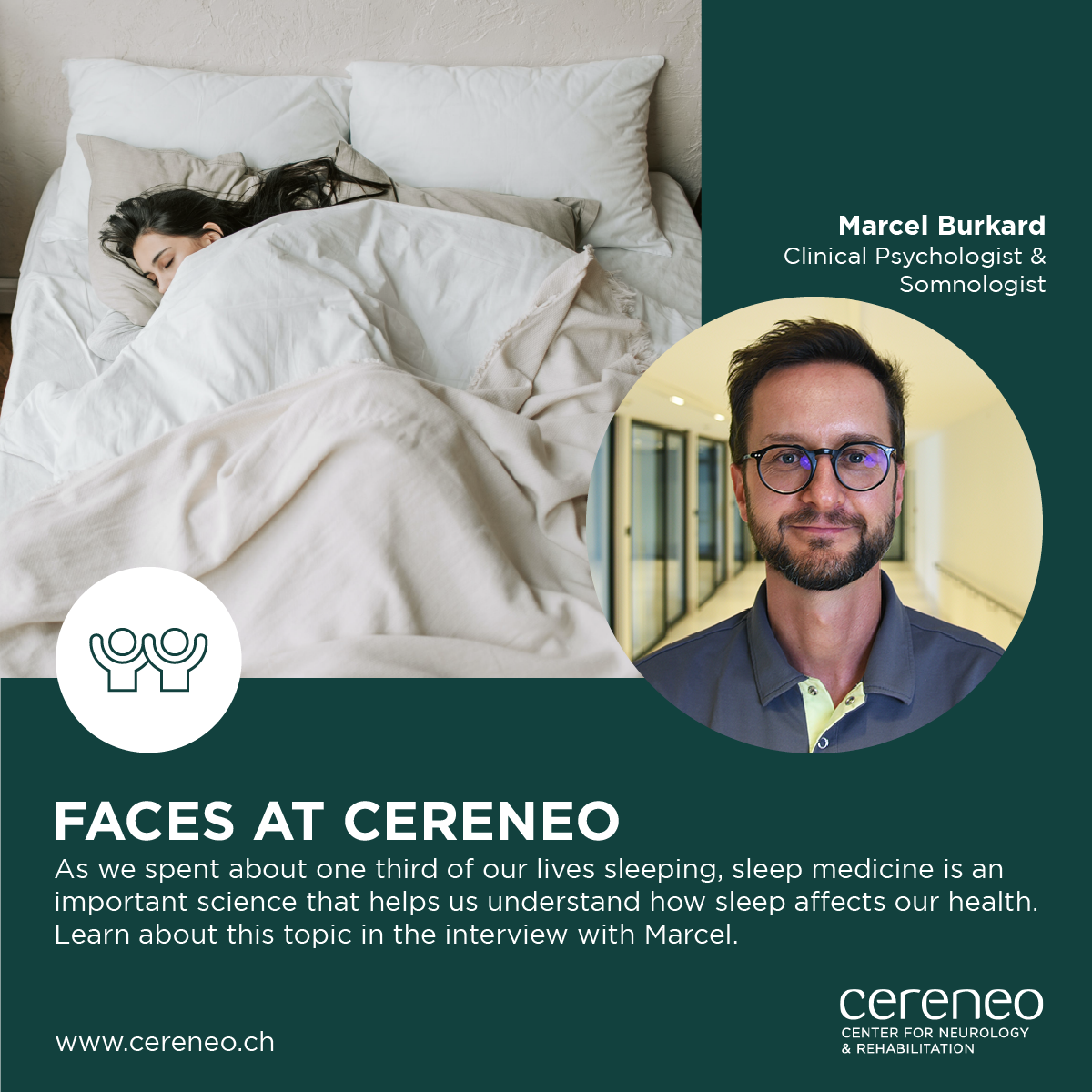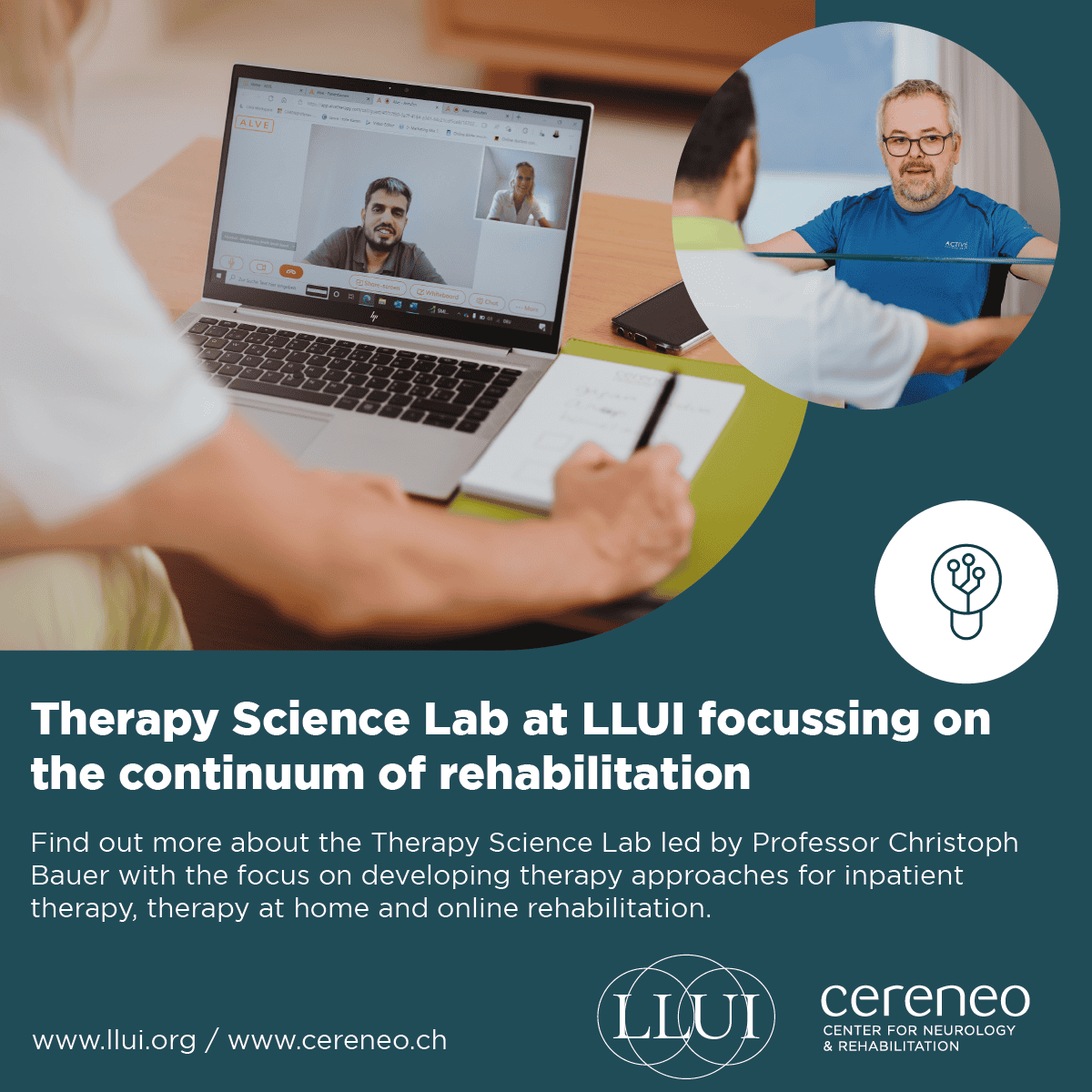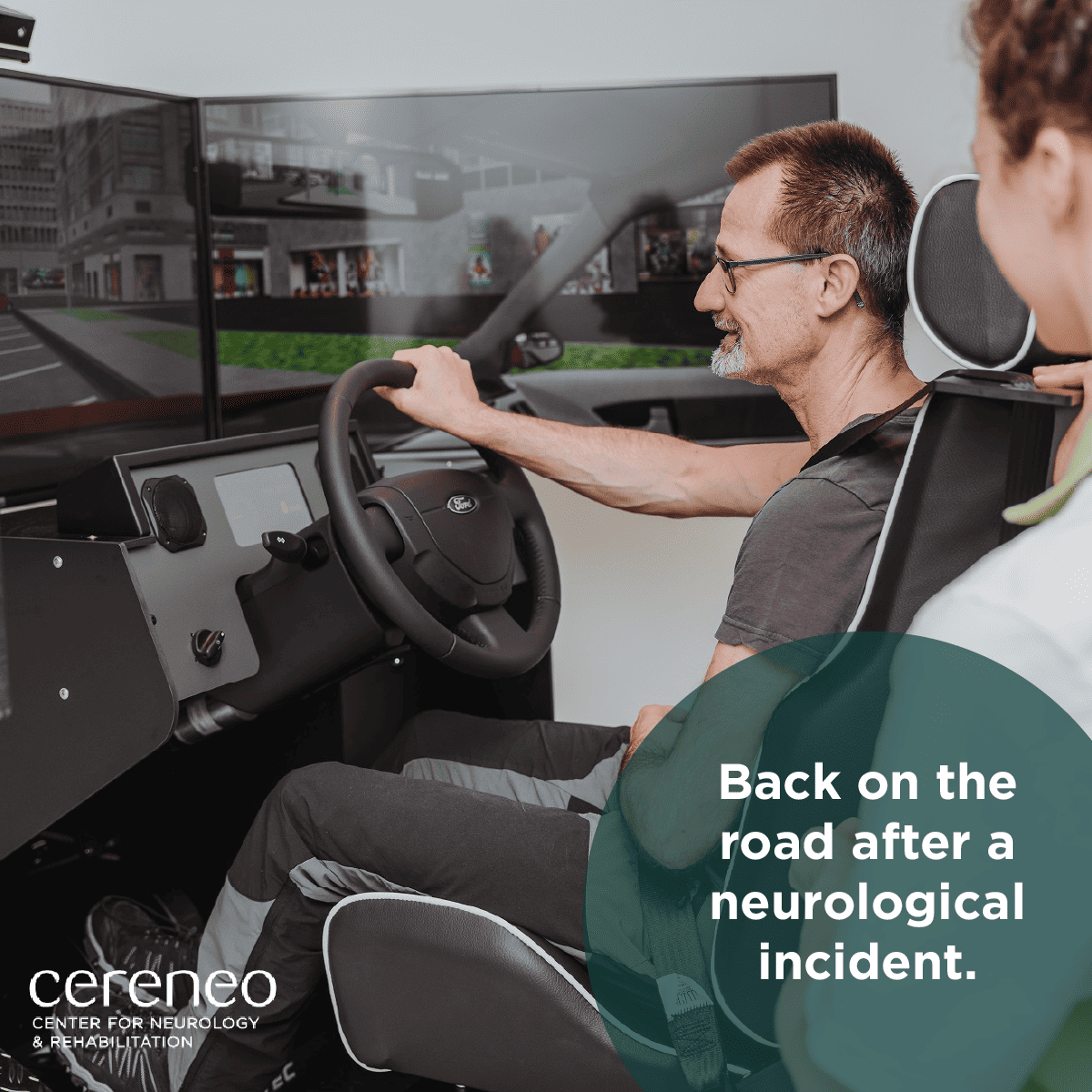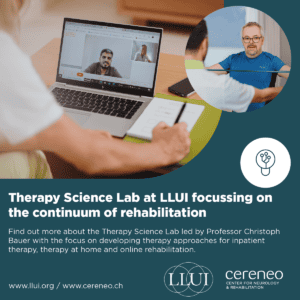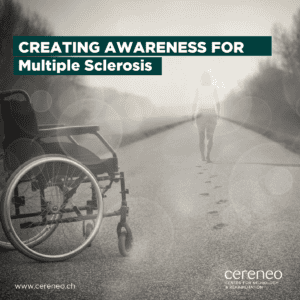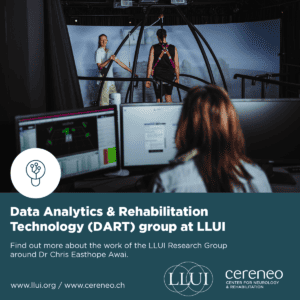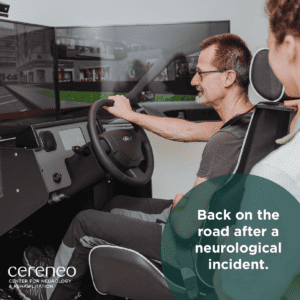Somnology refers to the study of sleep, which includes clinical sleep medicine as well as general sleep research. It is one of the youngest medical fields. The main focus is on recognising, classifying and treating all forms of non-restorative sleep and daytime wakefulness disorders. Somnology is characterised by a distinctly interdisciplinary approach with the involvement of specialists from neurology, psychiatry/psychology, pneumology, ENT medicine and cardiology.
Marcel Burkard, psychologist and somnologist, has been working at cereneo since September 2023 and takes care of our patients’ sleep problems.
How did you get into somnology?
After completing my degree in psychology, I did my civilian service at the Psychiatric University Clinic in Basel on a ward for depression and sleep research. It was there that I had my first contact with sleep medicine, as there was a sleep laboratory and I gained insights into the work of a somnologist. As a psychologist, I was very impressed by the distinct mutual influence of depression and sleep disorders and this sparked my interest and passion for sleep medicine. After my civilian service, I worked in a sleep medicine clinic for 14 years, learning the craft of sleep medicine on the job and obtaining a certificate of competence from the European Sleep Society.
How important is sleep medicine?
Sleep medicine is still a very young field. Since we spend about a third of our lives sleeping and it is a crucial foundation for our physical and mental health, sleep is an absolutely vital topic that everyone – healthy or sick – should pay attention to. Sleep medicine is an important science that helps us understand how sleep affects our health and what we can do to sleep better.
What exactly do you do in your work at cereneo?
An important focus is on taking sleep measurements during the night. Brain waves and various signals from the body (breathing activity, movements during sleep and heart rhythm) are measured. Based on this information, we can analyse the composition of sleep and assess the presence of organic sleep disorders. Clinical-somnological work also includes taking a sleep anamnesis, carrying out diagnostics with sleep diaries, activity trackers and psychological questionnaires and initiating appropriate therapy. I often conduct therapeutic discussions with patients and their relatives regarding the diagnosed sleep disorders.
How many nights are patients observed?
Usually, one night is enough to make a diagnosis. The most common causes of poor sleep are sleep apnea and periodic limb movements.
What do you do with the data?
The data from the night is analysed, taking into account the clinical picture and patient reports, and a diagnosis is made. Depending on the findings, we determine the appropriate treatment, avoiding the use of sleeping pills whenever possible. In the case of sleep apnoea, for example, mask therapy (CPAP), which regulates breathing, is very effective. Dopamine agonists (dopamine agonists are drugs that mimic the effect of the body’s own dopamine in the brain and thus compensate for the lack of this neurotransmitter), which reduce movements during sleep or the urge to move when awake, help with periodic movements. Parkinson’s patients often suffer from a so-called REM sleep behaviour disorder. In healthy people, neurophysiological mechanisms for natural paralysis in dream sleep take place during sleep, so that you do not move while dreaming. In neurodegenerative conditions such as Parkinson’s disease, these mechanisms do not take place and patients therefore move frequently and a lot. For example, when we dream of swimming, a healthy person would lie still and a Parkinson’s patient would make the swimming movement in their sleep.
How can you help our patients?
Patients with neurological impairments very often suffer from sleep disorders, which has a negative impact on their mood, motivation, rehabilitation progress and well-being and can also lead to a long-term risk of depression. Good and sufficient sleep is extremely important for performance and motivation. In addition, healthy sleep is a basis for the neuroplasticity of our nervous system: the ability to build new neuronal connections and thus adapt to changing conditions (such as an injury to the brain) depends, among other things, on the length and quality of sleep at night. Neuroplasticity itself is fundamental in regaining abilities that have been lost due to a brain injury.
By treating any sleep disorders, we can optimise the conditions for rehabilitation to achieve better overall results.
What is generally important for restful sleep?
Sleep is very individual. Some people only need 5 hours of sleep and others 8, but sleep hygiene is important for everyone. This means being outside once a day if possible, seeing daylight at least once in the morning and always going to bed at the same time if possible. No caffeine from the early afternoon and no opulent meals about 4 hours before going to bed.
If you are tired, sleepless or drowsy for a long time, it makes sense to seek professional help.
